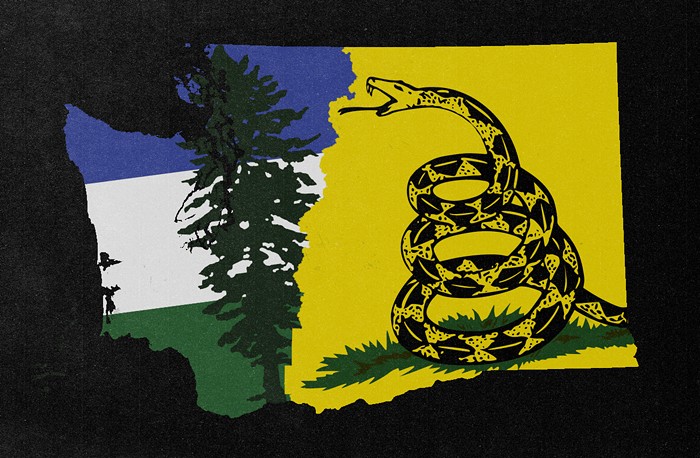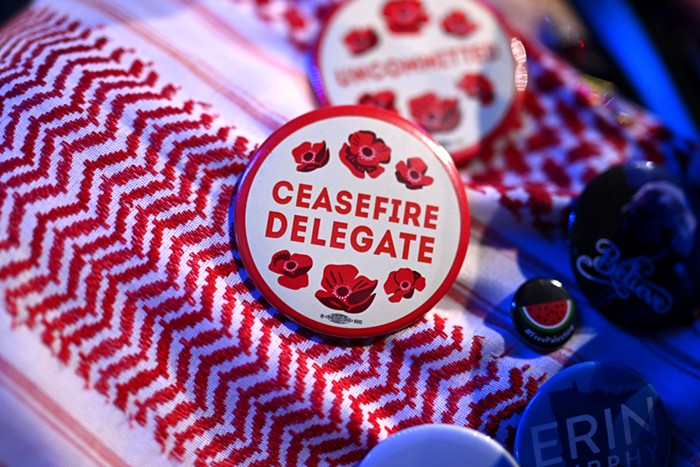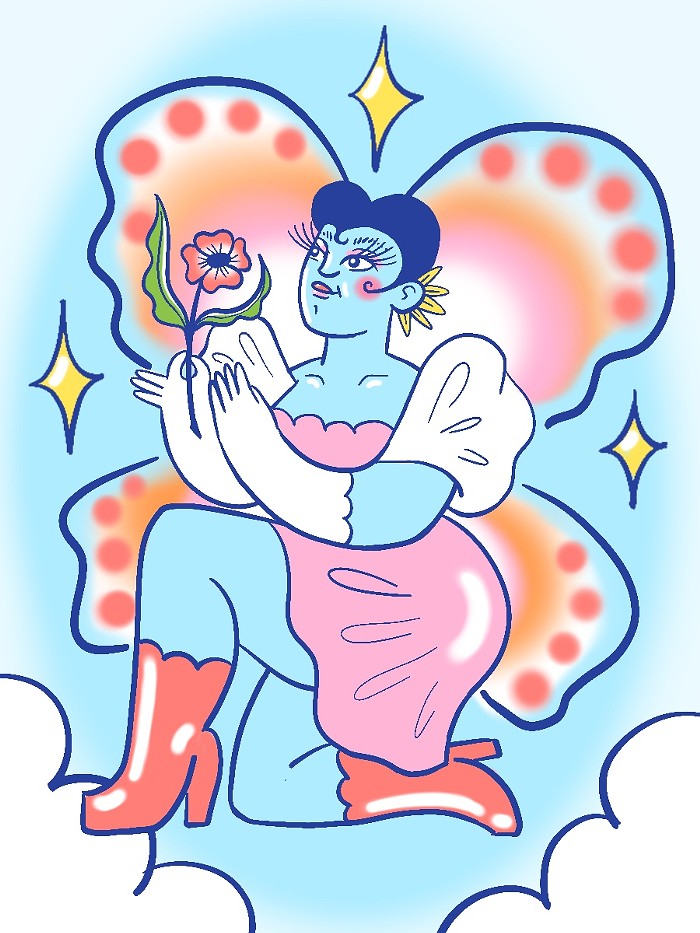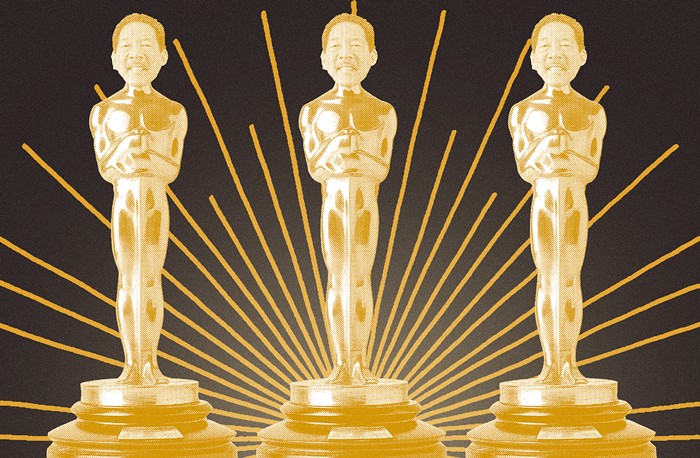
Tell me if this sounds familiar: A conservative politician runs on a platform of opposing “radicals, social deviates, and incorrigibles,” telling his supporters that “there are thousands upon thousands of frustrated angry people such as yourselves waiting to unleash a fury.” Once in office, he clashes with other elected leaders—the most diverse collection of people ever elected to that body. His frustration growing, he conceals a gun in his pocket along with ten bullets, sneaks past metal detectors, and confronts his colleagues.
It was Monday, November 27, 1978 when Dan White brought a gun to San Francisco City Hall and shot his colleagues, Mayor George Moscone and Supervisor Harvey Milk. Now, nearly fifty years later, Republicans in Congress are refusing to pass through metal detectors so that they can bring their guns to work. How are we back at this place in history again?
I spend a lot of time combing through queer history, and it’s hard not to note the parallels between this moment and that morning in 1978. To compare them, I dove into three excellent resources—the documentary The Times of Harvey Milk, the 2008 film Milk (which is at times surprisingly faithful to the facts), and Randy Shilts’ invaluable book The Mayor of Castro Street. Placing them in context, the similarities are stunning:
With his election, Harvey represented a radical shift in the makeup of government; until that year, the Board of Supervisors was chosen by a citywide vote, rather than letting each district pick their representative. That meant that for decades the city was controlled by an entrenched majority—straight white men. But in 1977, the city switched to district elections, which meant that people like Harvey stood a chance at gaining a voice in City Hall for the first time, along with Ella Hill Hutch, the first Black woman on the board; Gordon Lau, the city’s first Chinese-American supervisor; and Carol Ruth Silver, the board’s first single mother.
“An unusual coalition is challenging the establishment,” read the headline in the New York Times.
But there was also Lee Dolson, “a conservative college professor with experience representing the white establishment,” and of course, Dan White, a former cop who represented “a largely white, middle-class section that is hostile to the growing homosexual community of San Francisco.”
Milk tried to work with White, speaking often about getting on White’s good side so they could find common ground. But White dug in his heels, opposing permits for LGBTQ+ events. He was the only member of the board to vote against a nondiscrimination measure. “The vast majority of people in this city don’t want public displays of sexuality,” he said of Pride parades.
White quickly grew unhappy in his role as supervisor—politics bothered him and he wasn't getting paid enough, he said—and announced he was giving up the job. A few days later, he changed his mind and asked for it back. Mayor Moscone refused, and on the day his successor was to be announced, White evaded the newly-installed metal detectors by climbing through a window, confronting Moscone and Milk, and killing them both.
Milk’s body was found by the president of the Board of Supervisors, Dianne Feinstein.
So now here we are today, with conservative politicians whipping their base up into a dangerous fury—violent bigots, furious about an election that didn’t go the way they expected, and convinced that they’ve been robbed of power to which they believe they’re entitled. They don't just dodge metal detectors—they boast about bringing their guns to work and engineer confrontations.
This is a song I’ve heard so many times I can sing it in my sleep. My hope is that it doesn’t end with Dianne Feinstein repeating this scene:

















